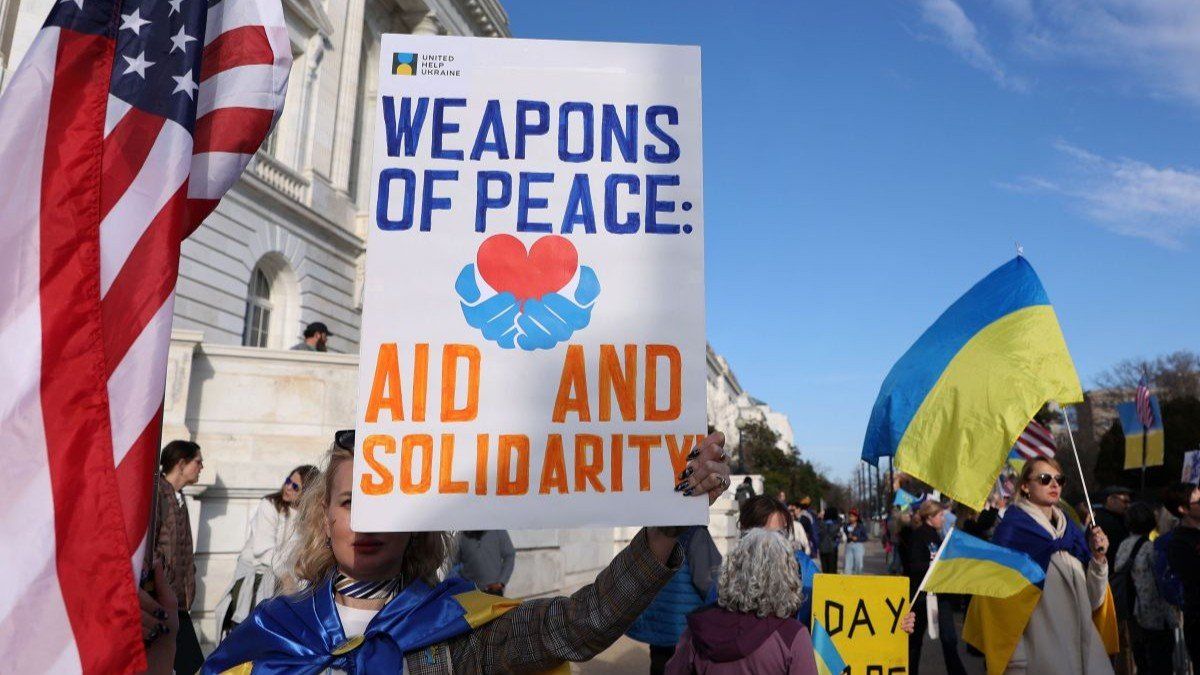Earlier this week, the US cut shipments of a number of weapons to Ukraine, including Patriot interceptor missiles, a critical part of Kyiv’s air defenses. Here’s a short guide to making sense of why that happened, and how it could affect the course of the Russia-Ukraine war.
What is a Patriot interceptor? It’s one of the world’s most advanced air defenses, able to shoot ballistic missiles out of the sky. The US-made system is sold to nearly 20 countries, and was first given to Ukraine in early 2023. The Patriot’s main theaters of action are Ukraine as well as in the Middle East, where it has protected US forces and Israel from ballistic missiles launched by Iran or Iran-aligned groups.
Why did the US stop sending them to Ukraine? Low stockpiles, evidently. Nearly two years of intense use in both Ukraine and the Middle East have crushed supplies of Patriot missiles, of which only about 500 are made annually, and drawn resources away from other critical weapons systems as well.
After the Trump administration bombed Iran’s nuclear facilities ten days ago, for example, American forces fired the largest salvo of Patriots “in history” to repel Tehran’s (well-telegraphed) retaliatory airstrikes on the US base in Qatar. That may have pushed supplies below critical levels, raising concerns about broader US weapons production capacity.
Still, this is a message to Ukraine, right? Even if concern about scarcity was the primary motivation, US President Donald Trump – who won the election in part on promises to cut aid for Ukraine and force both sides into a “deal” – has clearly hit Kyiv with the short end of the stick here.
It’s worth noting that the decision to cut the shipments to Ukraine reportedly came from Pentagon policy chief Elbridge Colby, a prominent China hawk who sees support for Ukraine as a distraction from challenging Beijing.
And that’s not the only China connection in this story. Amid a growing trade and technology war with Washington, Beijing recently banned the US-bound export of certain minerals that are essential in weapons manufacturing. Among them were gallium, antimony, and germanium, critical components of various weapons and ammunition systems, including the Patriot.
“To me, this is the most interesting untold story,” says Eurasia Group research director Marc Gustafson, a former national security intelligence chief, “mostly because the Pentagon cannot talk about it. China’s bans have been crushing for the US defense industry, particularly regarding the weapons the US has been providing to Ukraine and Israel.”
How badly will this decision hurt Ukraine? Kyiv called the announcement a “total shock.” At a moment when Russia has been launching its most ferocious – and increasingly indiscriminate – aerial assaults of the entire war, losing the Patriots will leave Ukraine’s cities and civilians vastly more exposed to the Kremlin’s missiles and drones.
But the move will have less effect on Kyiv’s primary goal of simply holding off Russia at the front lines, says Alex Brideau, Eurasia Group’s top Ukraine and Russia expert. “It’s not a back breaker,” he says. Still, if the Trump administration cuts to conventional ammunition last for any length of time, Ukraine could be in more serious trouble fast.
